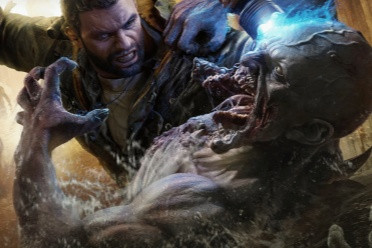"The Deserted Light" breaks out against the trend! It becomes the most stable masterpiece of optimization in 2025
Among many 3A masterpieces that have caused controversy over optimization and performance issues in 2025, Dying Light: The Beast has become one of the few works that have achieved smooth release, bringing some comfort to players and the industry.
Since this year, many highly anticipated masterpieces—including "Metal Equipment 3: Remake", "Mafia: Homecoming", "Eye of the Heart", "Borderlands 4", and even the annual focus work "Light and Shadow"—have obvious performance problems after release. Even though some works have improved through subsequent updates, the optimization dilemma has not been completely solved. This phenomenon has triggered continuous discussions among the player community on the development standards and distribution strategies of 3A games.

In this context, the release performance of "The Deserted Light: The Hidden Beast" is eye-catching. Unlike many works of the same period, this game shows good operating stability and smoothness on both the console and PC platforms, and provides rich screen setting options, which has been widely recognized by players.
On social media, user SynthPotato shared a video of "The Sleepy Beast" running smoothly on PS5, and joked, "Don't let Randy Pitchford see it", emphasizing that the game even supports the FOV (field of view) adjustment function on the console. The content resonates a lot, and many players have left messages to share their smooth experience.

Not only on social media, this game has also received a lot of praise on the Steam platform, and many players specifically praised its outstanding performance. A comment that has gained a lot of recognition reads: "I can't believe that in 2025, I can actually start a game directly, and it can really work normally." This sentence reflects to some extent the general helplessness of players in the current game optimization problem.
It is worth noting that "The Deserted Light: The Hidden Beast" does not use Unreal Engine 5, which has been involved in performance controversy many times this year, but continues to use Techland's self-developed C engine. Although the optimization problem cannot be simply attributed to engine choices, it is undeniable that Unreal Engine 5 is indeed the common technical basis for many performance controversial works this year.








